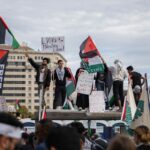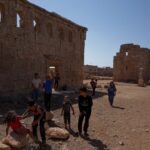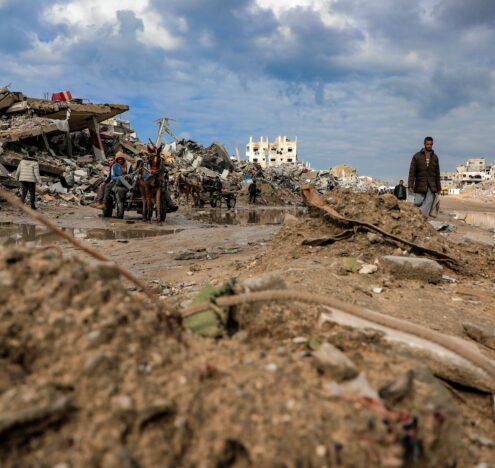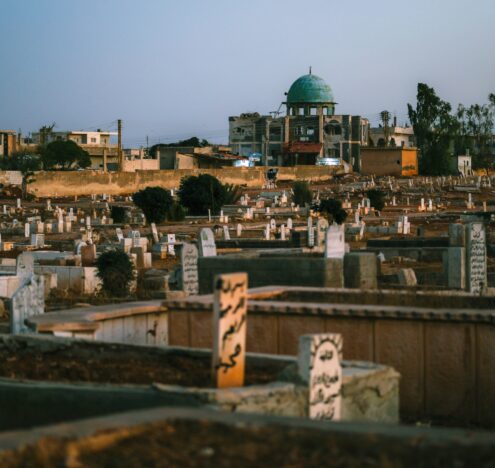In a new report, “I Cannot Breathe,” Amnesty International has documented serious human rights violations by Turkish law enforcement during mass protests held between March 19 and 26, 2025.
These protests erupted following the arrest of Istanbul Mayor and opposition presidential candidate Ekrem İmamoğlu and 91 others affiliated with the Istanbul Metropolitan Municipality. Tens of thousands participated in largely peaceful demonstrations across major cities including Istanbul, Ankara, and İzmir.
Authorities responded with sweeping bans on public assembly, internet restrictions, and aggressive policing. Amnesty recorded numerous instances of excessive force, including beatings, kicking, and the unlawful use of tear gas, water cannons, and kinetic impact projectiles — often at close range and targeting the head or upper body. Protesters endured injuries, ended up in the hospital, and in some cases, faced treatment that may amount to torture. Police attacked many while they were already dispersing or restrained.
Amnesty found “there were also multiple incidents in Istanbul where law enforcement officials beat protesters with batons and bare hands and kicked and dragged people along the ground causing head, back, leg and stomach injuries. At least one person was hospitalized due to severe stomach pain after being beaten by police on his stomach with a baton.”
A protester identified as CN who was at Saraçhane Park on March 20, 21, 22 and 23, told Amnesty “it was clear that the protesters around him did not want to confront the police or use violence because they were telling each other to remain calm.”
He experienced pain and burning sensations all over his body for over a week.
On March 20, CN was close the police “when they used pepper spray and kinetic impact projectiles directly on his face and body.” The protester said “they were trying to pepper spray directly into the eyes. On March 21, another kinetic impact project hit his nose. After the experience, “he experienced pain and burning sensations all over his body for over a week,” the report claimed.
Amnesty’s Evidence Lab verified 53 videos and reviewed court documents, medical reports, and 36 judicial decisions. At least 32 detainees reported abuse during detention. Victims included students, journalists, and lawyers. Police dragged some, kicked them while on the ground, or threatened them with sexual violence.
One protester lost partial vision. A water cannon crushed another’s foot. Many expressed fear of retaliation if they filed complaints, citing a lack of faith in accountability mechanisms.
The report also strongly criticized the use of blanket bans on public assemblies during the protests in Türkiye. It notes that several governorates — including Istanbul, İzmir, Ankara, and Manisa — issued preemptive, province-wide bans on all gatherings. In Istanbul, the ban was extended for an additional four days and included restrictions on entering or exiting the province.
Amnesty emphasized that such blanket bans are presumptively disproportionate under international human rights law. Restrictions on peaceful assembly must be based on individualized assessments, not sweeping prohibitions. The report argues that these bans violated Türkiye’s obligations to uphold the right to peaceful protest and contributed to the unlawful suppression of dissent.
“Under international human rights law, generalized restrictions on peaceful assemblies are ‘presumptively disproportionate,’” the report stated.
Amnesty said the Turkish government violated its obligations under international human rights law, particularly the rights to peaceful assembly and freedom from torture or cruel, inhuman, or degrading treatment. The organization called for prompt, independent, and impartial investigations into all allegations of abuse, accountability for perpetrators, and redress for victims.
Turkish authorities did not respond to Amnesty’s right of reply letter, the report stated.




















